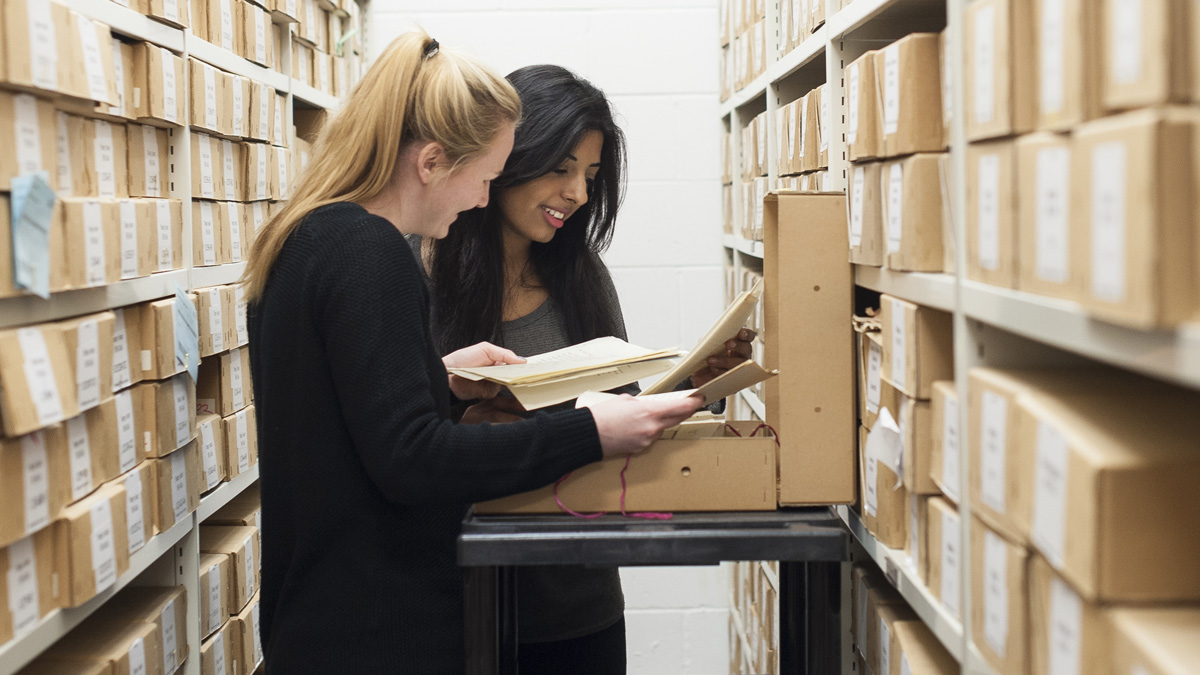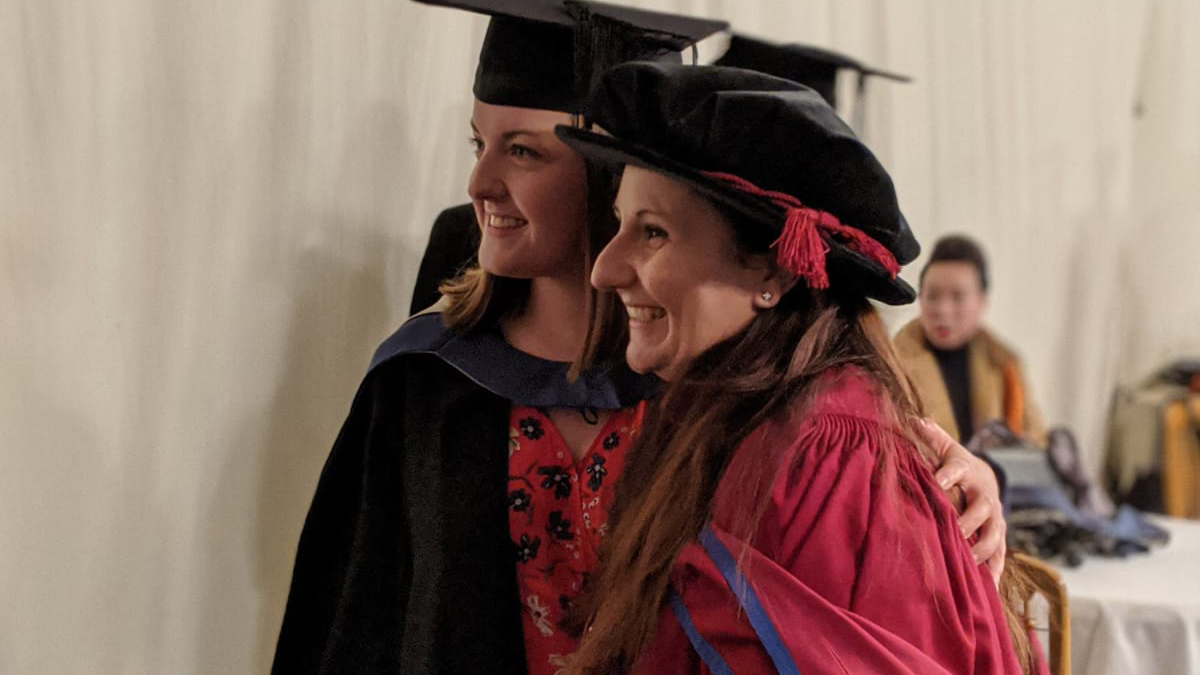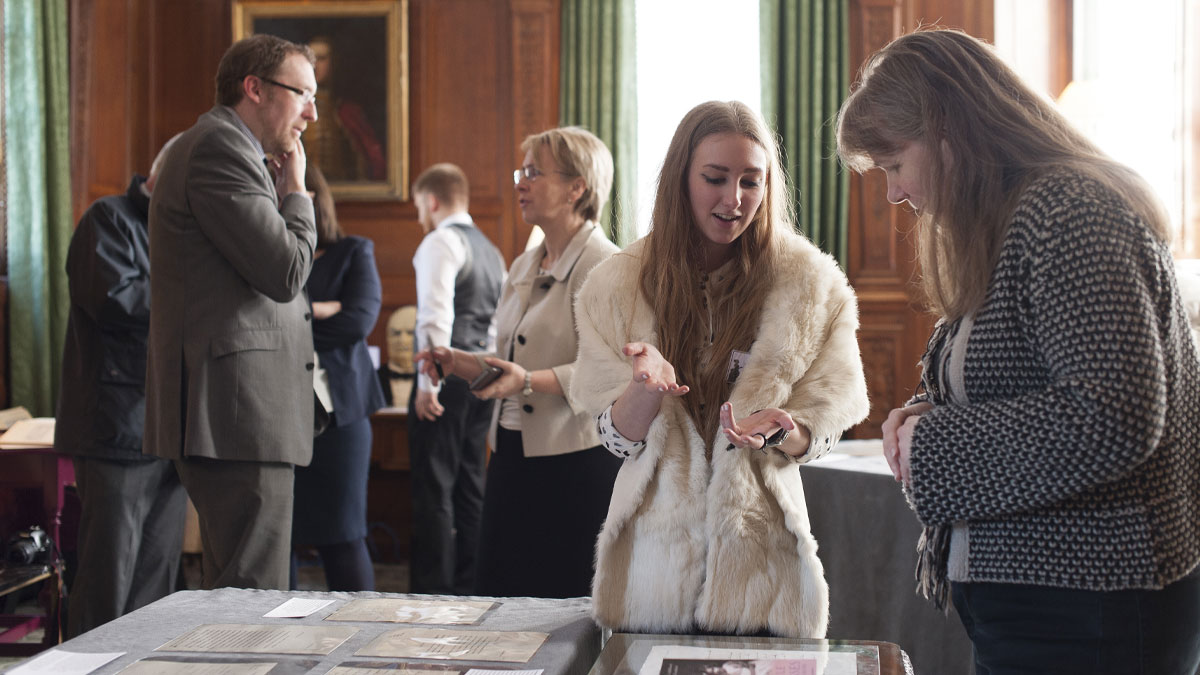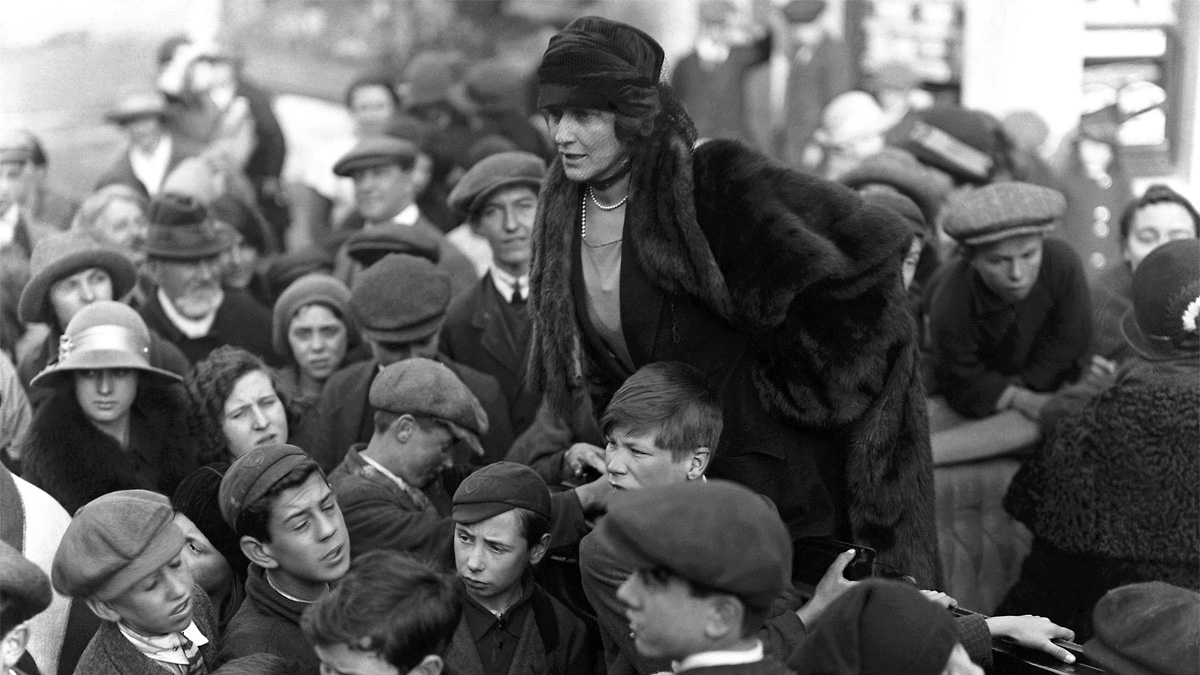
Employability modules
We offer a range of modules dedicated to helping you decide upon, and achieve, the career you want.
Our employability modules also allow you to build a strong network of contacts and gain valuable work experience while studying.
Going Public
Presenting the Past, Planning the Future
Our innovative "Going Public" module offers students the opportunity to work on a project with an external body, such as a museum or heritage organisation, presenting history to the wider public.
This experience enables students to develop valuable transferable skills such as teamwork, public engagement and presentation skills.
Previous students have undertaken this rewarding module with our partners such as the National Trust, English Heritage and The Museum of English Rural Life.
History Education
For prospective teachers
This popular module offers a two-week, history-focused placement in a local secondary school. Following a written application and interview, students are trained by experts from the University's Institute of Education before undertaking their school placement.
Promising a wealth of experience and fantastic insight into the world of teaching, students who have taken this module have since been successful in securing places on teacher training programmes, such as PGCE and School Direct.
Discovering Archives and Collections
For careers in research, archives and heritage
This ten-day placement in a participating repository allows students to explore a career in historical research, archive and heritage sectors, journalism, and postgraduate research.
Emerge well-equipped to apply for postgraduate training in the highly competitive field of archives and records management, and heritage. Gain a wealth of transferable skills for a range of sectors.
You can also opt to take Museum Studies modules, which allow you to think and research like a museum professional while gaining valuable hands-on experience.
Ellie Chaston
BA History, and MRes Medieval Studies
Professional placement year
Extend your single honours degree by a year by incorporating a year-long work placement into your degree programme, between your second and final year.
A professional placement will not only help you build your skillset and professional network but also increase your confidence in the workplace and explore your careers options before you graduate.
During your placement year you can go global and previous students have gone as far afield as Australia, China, the US and Zambia. Many of our placement year students receive job offers from their placement providers and return for their final year of study with a secured graduate position.
Training and support
The placements team is here to help you every step of the way, and you will receive one-to-one support and professional placement training to ensure that you are fully equipped to secure a top-quality placement.
We will also support you whilst you are on your placement and ensure that you have a successful experience.
Prestigious work places
Boost your employability and gain invaluable skills and knowledge in your chosen field. We have close links with:
- Parliament
- The National Trust
- English Heritage
- The British Museum
- The Berkshire Record Office
- The Museum of English Rural Life
- Reading Museum
Research opportunities
Join us not simply to study history, but to become an historian. We offer various opportunities to experience life as a researcher.
Reading Internship Scheme (RIS)
Reading Internship Scheme (formerly called the Undergraduate Research Opportunities Programme) offers a wide variety of internships across a multitude of sectors, including research internships on campus or with external organisations. Internships run flexibly throughout the year – both part-time during the semester and full-time during the summer vacation.
Develop invaluable research skills and learn directly from an expert supervisor as you tackle a fascinating topic. This project is an excellent springboard for the third-year dissertation and for postgraduate research.

Beth Snyder, BA History, and MA History
Dissertation
Throughout your degree, we help you to build the skills and confidence you need to find your voice as a historian. In your first and second years, we offer modules that support you in developing these strengths so that you are ready in your third year to undertake your dissertation.
In your first year, we introduce you to the core skills we need, and use, as historians. You will also work on your own research project essay allowing you to explore an area of history of your choice.
The module Historical Approaches and My Dissertation in the second year is designed to prepare you for your dissertation. Focused on lectures and workshops, and based on the primary materials that researchers in History use in their own work, this module encourages you to think about the various approaches we can take to history.
In your final year, you will complete a dissertation of 10,000 words on a historical topic of your choice. This is an independent research project which allows you to show off the full range of skills you have built up as a historian across your time with us. You will be supported and guided by a supervisor throughout.

Department life
Join our inclusive community. You will be supported throughout your time with us and beyond.

Our research
The department contributes to a number of important and prize-winning impact projects, seeking to inform the future and influence change.
